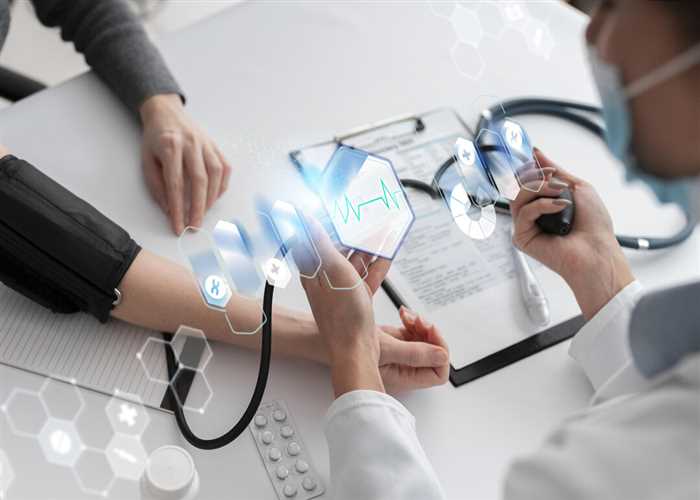
Digital Health
In order to achieve the strategy of the Ministry of Communications and Information Technology to support sustainable development efforts with the participation of all state institutions and civil society alongside government institutions, the Ministry is working to achieve a strategy aimed at supporting sustainable development efforts in all sectors, especially the health sector, with the participation of all state institutions and civil society alongside government institutions, based on the strategic dimensions of Egypt's Vision 2030, with regard to the health axis as one of the social dimensions that was set to improve health care as a national priority.
Given the effective role played by information technology in developing the infrastructure of health services, the Ministry of Communications and Information Technology began early in striving to achieve digital transformation in the health sector by working in the field of remote diagnosis, which aims to improve the quality of health care services for citizens using technological solutions, and increase opportunities for access to health services in remote and most needy areas.
The history of the actual application of this pioneering technology dates back to 2009, through the Integrated Technology Development Project in Siwa Oasis, which at that time aimed to improve the health status of children in Siwa Oasis. Health services in the Integrated Technology Development Project in the Nubia region in Aswan developed in 2013, in light of the success achieved in the first phase by repeating the model with its technological development, which achieves rapid medical solutions for remote diagnosis for system users from patients and doctors, as the model succeeded in partnership with a number of stakeholders in the field of health, at the international, regional and local levels, in coming up with the new model based on the use of cloud solutions technologies for remote diagnosis based on the information center that was established at the Ministry of Communications and Information Technology to serve the project. With the successive success of the project, the presidential initiative for remote diagnosis was announced in 2020, with the aim of improving the quality of health care services for citizens using technological solutions, and increasing opportunities for access to health services in all governorates of Egypt, especially remote and most needy areas. In this context, the presidential initiative works through several axes targeting the citizen, the doctor, and the health infrastructure. In terms of citizens, it aims to improve health care services and make them accessible to all individuals in all governorates of Egypt, in addition to reducing the high material costs of health services and saving time, travel effort, and the difficulty of moving long distances. Remote diagnosis also provides an opportunity for doctors in remote governorates to improve performance and exchange experiences through a continuous educational process. As for the health services infrastructure, remote diagnosis seeks to enhance medical technology solutions by establishing various health units for remote diagnosis in small health facilities in Egypt's governorates, as well as creating electronic databases for medical records and reports, which helps improve the efficiency of managing the health sector's resources, both human and technological.

 العربية
العربية